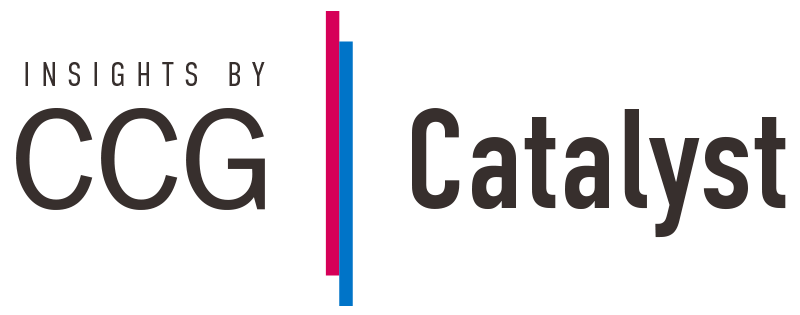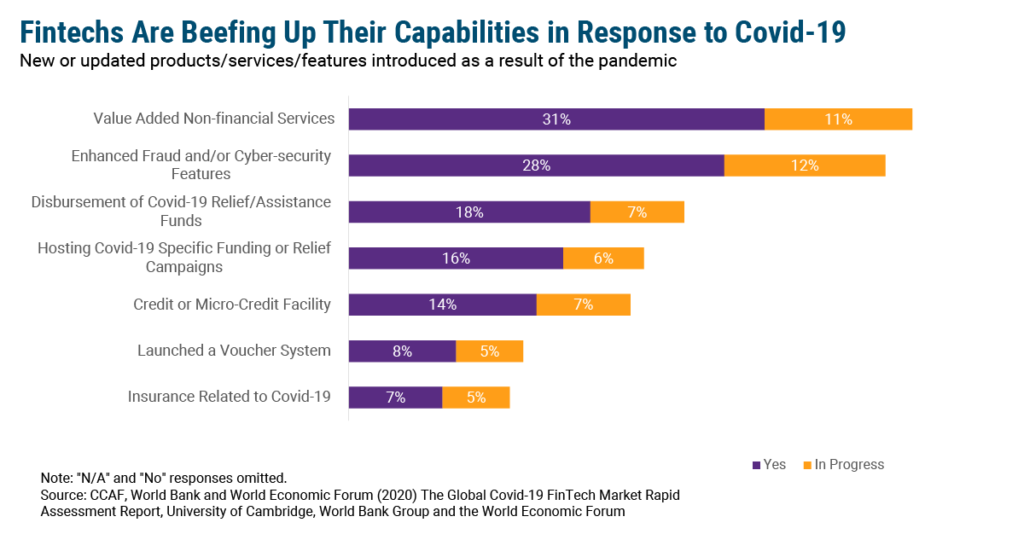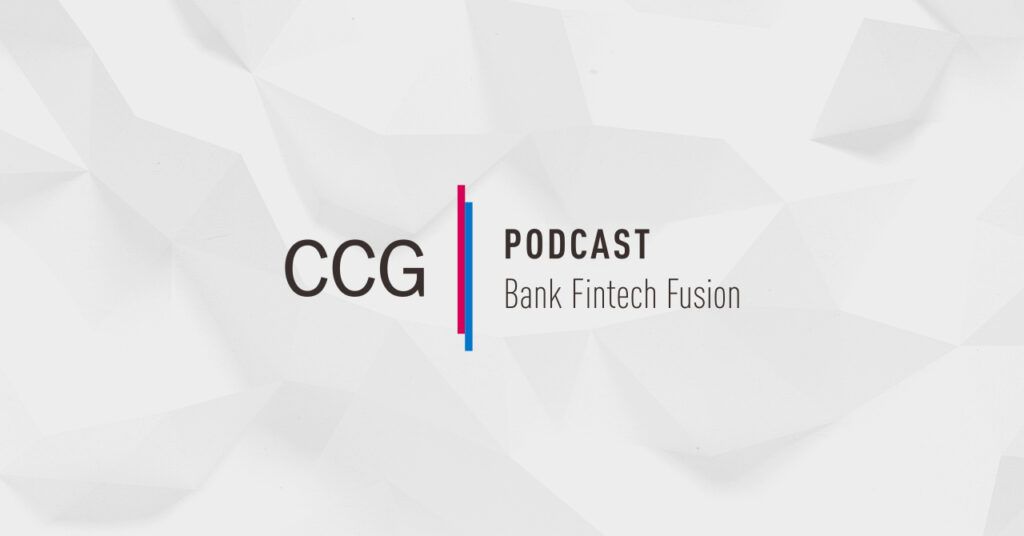Plaid Acquisition by Visa Proves Infrastructure Is Sexy
The banking world was hit with the sudden news yesterday, coming first from the Wall Street Journal, that Visa had agreed to buy Plaid, a company that uses APIs to connect to bank data. The sale price was $5.3 billion, twice Plaid’s most recent valuation of $2.65 billion, and will be finalized in three to six months.
The function of Plaid’s network, used by 80% of fintech players according to Visa, is to connect third-party apps such as Venmo (one of Plaid’s largest customers) and Robinhood to bank account data, with users’ permission. Plaid says 25% of U.S. consumers are connected with the service, which was funded by Visa, Mastercard, American Express, Goldman Sachs, and others. Plaid CEO Zach Perret said joining Visa will provide Plaid an incredible opportunity to scale.
The Wall Street Journal noted, “The acquisition could help Visa tap into the trillions of dollars sent by wire transfer or bank account globally each year and expand the ways the card giant helps firms send and receive money through bank accounts.”
It could also help Visa build a standard API to sit between banks and fintech companies, as well as other kinds of companies seeking to access bank data — a de facto open banking regulation enforced by a company built by the banks that now has a tight grip on banks’ payments.
The unspoken problem with many of these acquisitions is the cultural fit (or lack thereof.) How long will the senior management of Plaid remain? There has been discussion already of the “Plaid mafia,” the expats who will flee Visa and go on to other ventures. Visa has said it will not change Plaid’s business model, but culture is often something that changes regardless, subtly or not.
Visa began as Bank Americard in 1958, 60,000 cards mailed unsolicited to residents of Fresno, Calif. Fresno-area merchants signed on to the service with some trepidation, considering the fees, about which merchants still gripe. This was a huge innovation in payments, and one that is obviously still playing out and has yet to be surpassed. Visa’s current market cap is roughly $381 billion.
Visa’s statement on the purchase, in PDF form, is here. Among other things, Visa comments it will expand Plaid internationally, as Plaid CEO Perret noted. This has historically not been a significant part of Plaid’s strategy — there was enough to do in the U.S., where Plaid account connections are growing 55% year-over-year.
Plaid has been a notable company on the scene since its founding in 2013, central to any discussion of banking and APIs. It has been in the news lately regarding the PNC-Venmo feud. A PNC security update apparently severed the connection Plaid had with consumer accounts upon which Venmo depended. Venmo and PNC sparred on social media while Plaid remained in the background, and was not even mentioned in some articles describing the feud. This omission demonstrates how successfully the company has melded into the mechanics powering digital banking today.
But Plaid actually uses a variety of different methods to access data, as described in this company document. Plaid continues to utilize screen scraping to get access to customer information, for example. Its software has been described as “creaky.” But many banks do not offer APIs (while offering online banking) and even banks that do offer APIs do not offer the best products. As a Plaid employee once said, “All APIs are not created equal, and this is particularly true of banks.”
This industry weakness has become Plaid’s niche as a B2B backend player, the plumbing connecting financial services to outside technology. The purchase price must be encouraging to those fintech startups laboring to improve the unsexy systems operating far from customer view. There are many of these companies, and more all the time. Plaid acquired one, its rival Quovo, a year ago for some $200 million in its first and only significant acquisition.
Quovo was an account aggregation and data analytics tool with less retail or consumer focus than Plaid, being involved more in wealth management, investing and capital markets. But it was nevertheless a close rival. The Quovo acquisition seems to have been extremely accretive for Plaid, adding significant value, expanding its offering in immediately adjacent areas, and deepening its moat against potential competitors.
Other companies in the space are the data aggregators Yodlee and MX, and Finicity. Mastercard is certainly looking hard at all of them. MX released a statement today containing the following comment: “Yesterday’s announcement – along with others of its kind – highlights the increased value financial institutions are putting on data as a means to drive transformational growth for customers and shareholders. It validates the demand in the market for API connections, but also the foundation of data that’s built around it.”
CCG Catalyst Chief Relationship officer Pat Valentino, an expert on the U.S. payments system and the technology running banks, agrees that much of this is about data, which banks ceded to the payment networks (along with a great deal of revenue) years ago. Valentino commented on adding Plaid to Visa’s network of networks, “Think of the rich data Visa will own!….”
As for MX’s “others of its kind,” PayPal acquired the shopping discount tool Honey in November, (finalized January 6) for $4 billion. This was an early indication that 2020, like 2019, will be a year for large acquisitions and consolidation across the financial technology space, from payments and retail banking to the back end and infrastructure.
Do you want to discuss your company’s API strategy in light of this news? CCG Catalyst has experts standing by.
Subscribe to CCG Insights.








